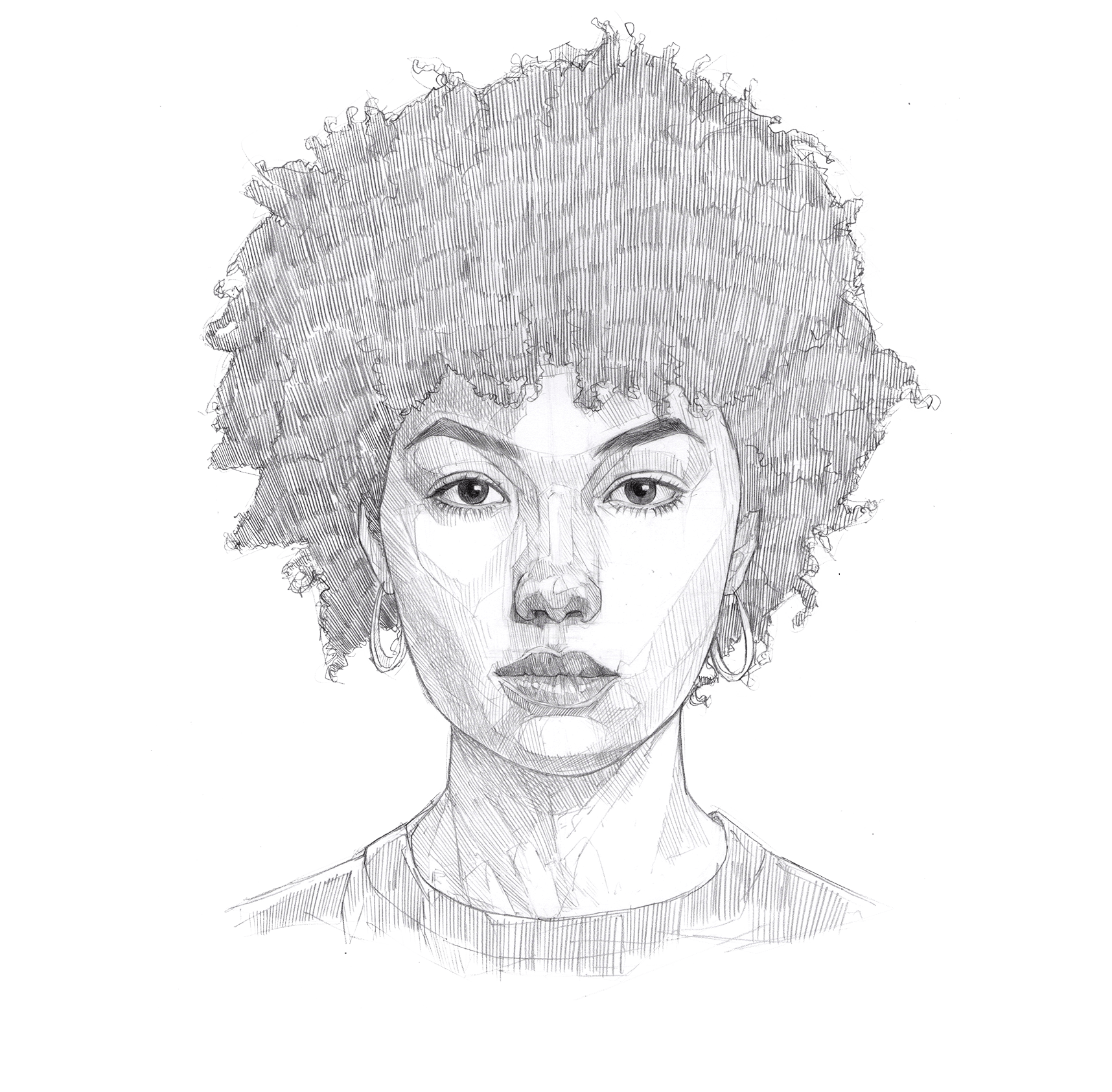Perspectives on responses to sexual assault
Participant 1: Maybe it depends on the person who has been sexually assaulted. If the person is very shy and very nervous about this, maybe she will choose to disclose because she doesn’t want to…
Participant 1: I would actually be more worried about my parents saying too much, or worrying too much if I told them the situation. So, I think this policy actually helps me on this point…
I have one question about this policy: If something happened, how do you protect the […] personal privacy, you know? For example […] for the survivor, after the terrible thing happened […], if she or…
The first thing I would do [if a friend told me she had been sexually assaulted] is to support her. I would tell her that, “Whatever happens, I’m always here to be with you.” If…
I think the whole policy is actually talking about “What do we do after it has happened,” but not mention how we going to prevent or minimize the occurrence of this tragedy. […] Of course…
From my personal experience, [following a sexual assault], I think I want my friend to be a good listener, to be 100% down to listen to me to talk about this, and I definitely want…
I think this policy has not shed light on the seriousness of revenge or the retaliation from the person accused. I think all the respondents [should] be informed of the university’s position regarding the seriousness…
When the situation comes, what type of friend you ask for suggestions is always important. One time, I told a male friend about a kind of situation, I guess the male friend did not really…
[To support a friend who discloses sexual assault], in my opinion, I think it is necessary to be a listener. First when, we needed to be a listener, we needed to let the friend know…
We have to think about this whole thing from the victim’s side instead of our side. That would help you to better understand your friend [who has experienced sexual assault] and to always give your…

